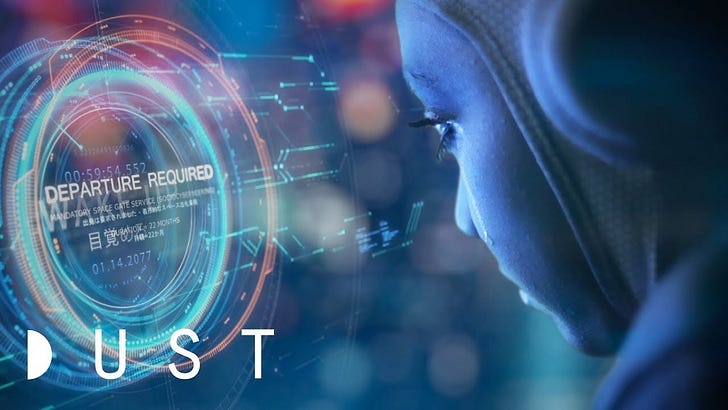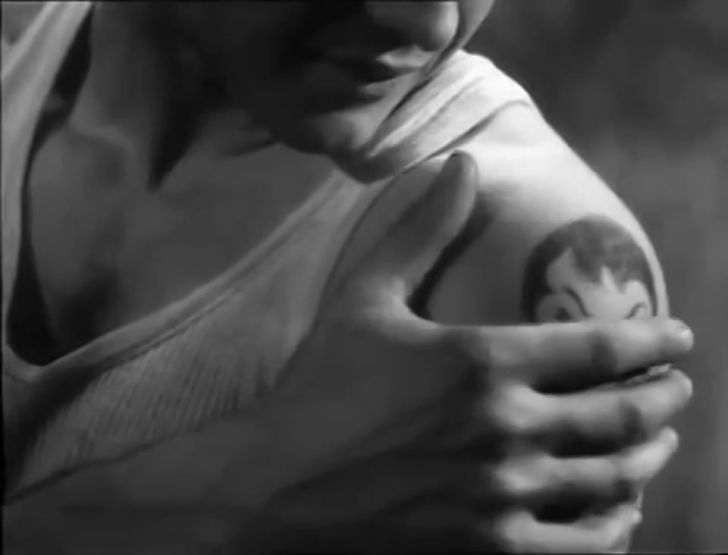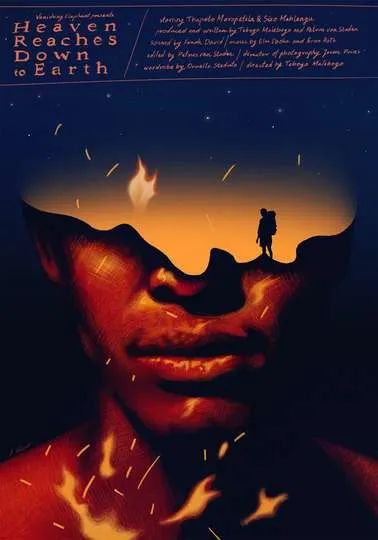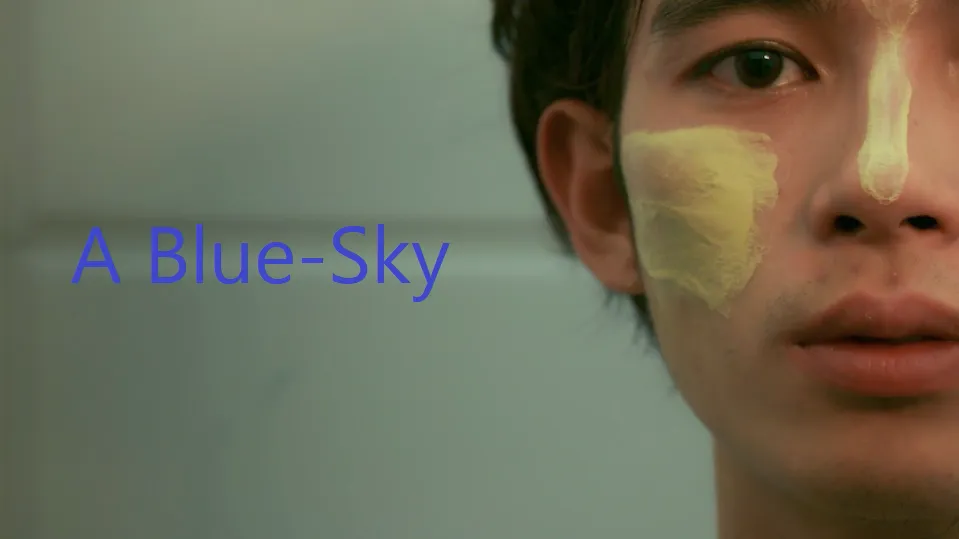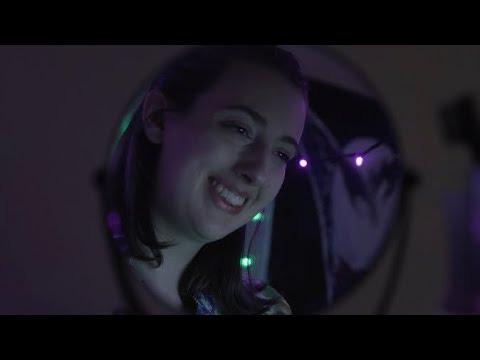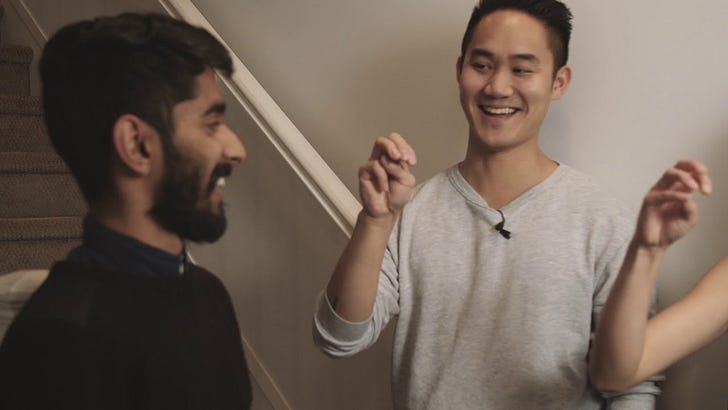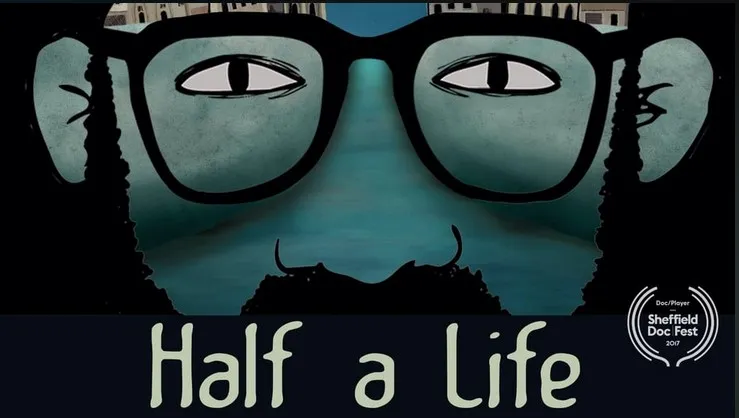Three films get by (sometimes) with a little help from their friends
Something that a lot of queer media still gets wrong is assuming that queer and trans people live in isolation from each other, lost in a sea of straightness. While in a tv show or a movie you might still see a mostly straight and cis social group with a token queer friend, in my experience that is unrealistic – or, is an indication that the majority of the “straight” and “cis” friends are going to soon come out, as I’ve seen happen many times in my own life.
Friendship is also a defining part of my queer identity, because for me, queerness is not only about who I’m attracted to, but also how we understand sexuality and gender in the context of all our relationships. Regardless of whether I’m dating or interested in someone romantically, my friendships are always going to be some of the most important in my life, and having other queer friends provides me a space not only to relate to each other, but to center each other a way that cisheteronormative society doesn’t always support.
I would love to see more films – short or feature – tackle friendships in a meaningful way. 2022’s Fire Island was a breath of fresh air in focusing on friendships first and romance second, but we need about a million more of that. This week’s films address some of that gap by examining different types of queer friendships, the tensions and comfort that can come with them.
“How do you do it, bro? Walking around with that flute and soccer ball?”
In Biggie & Shrimp, written and directed by Harvey Hayes, the friendship between the two teens – Biggie (Kawakawa Fox-Reo) and Rami, aka “Shrimp” (Jay Kumar), becomes a site of tension when other guys in their housing estate bully Rami, and egg Biggie into joining in to prove himself to them. Biggie’s struggling already with his absent father and his neglectful mother, and his questions about his own sexuality and gender further complicate his relationships in the neighborhood.
It’s a little unclear to me whether both Biggie and Rami are supposed to be queer in this story, since Rami is bullied with queer slurs but never alludes to it himself. Either way, their friendship – at least when they’re able to be alone together – felt like a deep connection, despite whatever Biggie does outside of it. It’s difficult to watch stories where a kid is forced to turn on a friend out of peer pressure, but Biggie & Shrimp handles that narrative with nuance and hope by the end.
Biggie & Shrimp
“I’ll find out in twenty minutes. That’s how quick my life could change.”
My Brothers and Me, written by Steven-Emmanuel Martinez and directed by Donja R. Love, finds three close friends gathered during a crisis. Marcy (Shawn Christopher Lovell Nabors) has just found out that his boyfriend cheated on him with someone who has just tested positive for HIV, and Marcy is now faced with a choice: to take a home test tonight to find out his own status now, or to wait and see what happens with his boyfriend. Marcy’s friends Lloyd (Eric R. Williams) and Jose (Pierre Jean Gonzalez) have come to his place at 2am to give him support and advice.
I loved the easy and clearly deep relationship between the three characters – while sometimes the dialogue felt a little clunky, having characters say things out loud for exposition that people probably wouldn’t actually say to friends they knew well, the grace and care they have for each other more than made up for it. At one point, Jose says to Marcy, “C’mon, you know I love you, but I’m not good with all this affection shit.” On the contrary, I found Lloyd and Jose’s affection for Marcy to be completely evident through their actions and words, both comforting Marcy while also trying to sugar-coat hard truths.
My Brothers and Me is a project of The Each-Other Project, a digital media platform that celebrates Black and PoC queer and trans communities through art and advocacy. “The Each-Other Project was born from a simple place: we did not see ourselves truly reflected in mainstream media so we created content that we believed represented us,” their website says. “We exist at the intersection of art and advocacy, as both aspects are crucial components in bridging gaps and fostering community.”
My Brothers and Me

“We’re not going for the potluck. We’re going for the passion.”
The Potluck and the Passion, written by Pat Branch and Cheryl Dunye, and directed by Dunye, isn’t exactly about queer friendship. But it’s such a fun and relatable depiction of the messiness of queer friend groups and social occasions that I had to include it in this week’s recs. A Black lesbian couple (played by Dunye and Gail Lloyd) host a potluck to celebrate their one-year anniversary and meet each other’s friends, and dramas of various types ensue, uncovering complicated dynamics around queerness and race. The main storyline focuses on Tracy (Shelita Birchett), who has come to the party as the date of a white woman named Meagan (Nora Breen), but meets and is intrigued by Evelyn (Pat Branch) while starting to realize that Meagan’s interest in her might be bordering on fetishization of Black culture.
If you’re familiar with Cheryl Dunye’s work – she’s best known for writing, directing, and starring in the excellent 1996 film The Watermelon Woman, which was the first feature film directed by a Black lesbian – then you’ll recognize her classic “Dunyementary” style of story-telling, in which the film cuts between the main narrative and asides with the actors playing them, documentary-style. Except the “actors” are also playing fictionalized versions of themselves, who sometimes take on more of their characters’ motivations than they may realize.
Even in a film where Dunye’s character doesn’t have the most screentime, her enthusiasm and effortless charm shine through both her own character and her direction. Her films embrace the awkwardness and messiness of real social interactions, but not in a way that I find uncomfortable or embarrassing to watch, and instead reveal deeper truths about how these characters relate to each other. Her depictions of how white lesbians treat Black lesbians in relationships are unparalleled, insightful and often damning in a way that forces the viewers to think through how whiteness shows up in queer spaces.
The Potluck and the Passion

